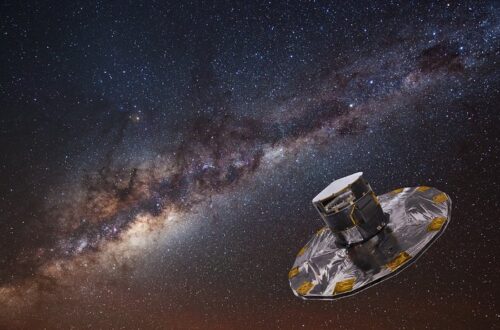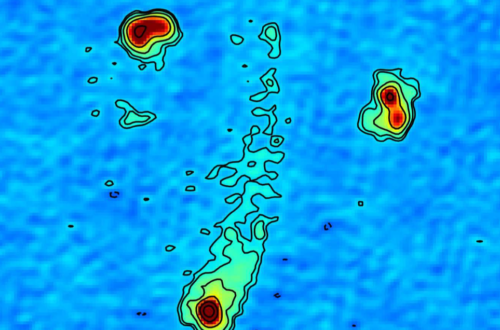Last week’s blog post was entitled To be MAD or not to be MAD. In it, my colleague Doosoo Yoon did a good job of discussing two models used to describe the accretion disks of matter flowing onto a black hole. These models started a discussion in our research group meeting this week for a different reason: the names of the two models MAD and SANE are pretty ableist.
As Doosoo pointed out, MAD stands for Magnetically Arrested Disk and SANE stands for Standard And Normal Evolution. Now the MAD model which was created first, about 20 years ago, has a simple acronym and is widely used in the astronomy community. The SANE model however, was constructed afterwards and the acronym was created intentionally to contrast with MAD. So, the words Standard and Normal were chosen on purpose. The ableism jumped out.
Poor mental health is already a topic of concern among PhD students due to toxic workplace environments. And plenty of academics have mental illnesses unrelated to – but often exacerbated by – workplace factors, myself included. So, when we see words like sane, normal and mad being used casually and often, it can be triggering. It acts as a constant reminder that you’re either sane and normal or you’re crazy. And it makes you feel like you don’t quite fit in academia.
The problem becomes even more egregious once you realise that the acronym for SANE isn’t even a good description of the physics of the system it’s trying to explain. MAD tells you that there is a magnetic field present in the accretion disk, strong enough to stop the material from flowing onto the black hole. SANE makes no mention of accretion or a disk. It’s just a generic name and acronym that doesn’t really tell you anything useful, except to sounds cutesy compared to a contrasting model.
Unfortunately, this is not an isolated case. Astronomy has a history of unprofessional and problematic naming conventions. A “classic” example of this in astronomy is a widely-used software package created in the mid 90s for finding astronomical sources in images taken with telescopes. This software, called Source Extractor, was often referred to as SEXtractor. It makes use of files with the extension “.sex” and is called on the command line with the alias “sex”. Sounds like a bad joke from that TV show The Big Bang Theory, doesn’t it…
Then there’s the convention of using the phrase “slaved” in relation to telescopes. A “slaved” telescope is one that is designed to look at the same area of the sky as another, autonomous telescope. And astronomy is not the only field that uses master/slave terminology: this terrible phrasing is used in programming and electronics too.
These are just a few examples of an issue that is pervasive and pernicious in astronomy and other STEM fields. Things have started to change now for the better. For instance, the wording that some have started using for two telescopes simultaneously observing the same patch of sky is “twinned”. There are still plenty of papers and other resources that use the old term, though.
Another example, which further illustrates the slippery slope nature of letting things slide initially, is that of another source finding software called PyBDSF. PyBDSF is a Python programme used to find astronomical sources in radio frequency observations. The acronym stands for Python Blob Detection and Source Finder. Its original name was PyBDSM (Python Blob Detection and Source Measurement). Clearly, the creators wanted to keep the sex/source-finding-software connection alive. The name was changed to PyBDSF after a few years due to people speaking up against the impropriety of the designation.
While it is heartening to see some progress being made in all areas of science in terms of using more inclusive language, there is still much work to do. Many of the problematic terms we use are so well established and entrenched in the research culture, that many of us fail to even recognise them as a problem.
Early career researchers, like PhD students and postdocs, can play a massive role in changing the status quo in this regard. They are the PIs and heads of departments of the future. By being thoughtful and considerate when naming new research, innovations or instruments, they can play a powerful role in ensuring that the scientific community is a place where everyone feels welcome, comfortable and valued.




